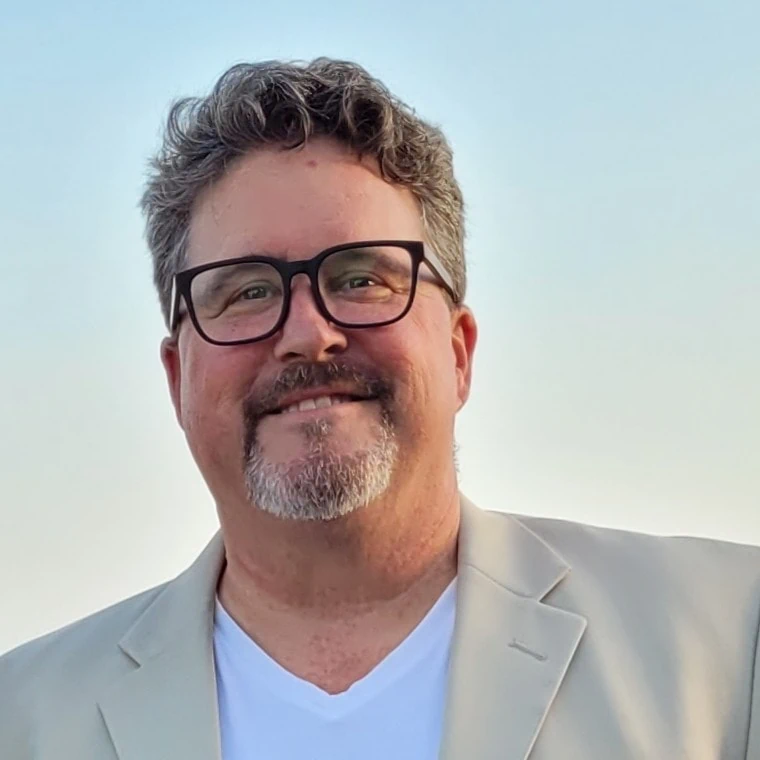
The Importance of Dental Care For Seniors
Our smiles carry tales of joy, laughter, and experiences as we journey through life. As we age, maintaining oral health becomes increasingly crucial. Dental care for seniors can have unique challenges in dental care. Older people may have issues ranging from natural wear and tear to gum or autoimmune diseases.
Research has shown that people who are missing teeth are often at risk for major depression. Oral health is also linked to heart disease; untreated gum disease can get into the bloodstream and cause hardening of the arteries.
Routine Dental Care for Seniors
Regular checkups are the cornerstone of maintaining a healthy smile for all ages, and seniors must be vigilant. During this dental care, dentists can detect gum disease, cavities, or oral cancer.
Routine dental care is important. Professional cleanings help remove plaque and tartar buildup, reducing the risk of tooth decay and gum disease. If someone has signs of gum disease, they may need deep cleanings. Dentists also provide valuable advice on proper oral hygiene techniques tailored to seniors' needs, such as which types of toothbrush and toothpaste are best for them. Dental care for seniors often means getting toothpaste for sensitive teeth or a special mouthwash.
Dentures Can Restore Function and Confidence
Dentures have become a vital part of the dental care journey for some seniors. Whether due to age-related tooth loss or other dental issues, dentures are a solution for people with tooth loss or gum disease. Dentures can restore function and confidence and can be a vital part of dental care for seniors.
Dentures are custom-made prosthetic devices designed to mimic the appearance and functionality of natural teeth. Proper care and maintenance, including daily cleaning and regular dental visits, ensure dentures' longevity and prevent oral health complications. Dentures also give people the confidence to smile.
Implants: A Modern Solution for Tooth Replacement
In recent years, dental implants have revolutionized tooth replacement options for seniors facing partial or complete tooth loss. Implants offer a permanent and natural-looking solution that enhances oral function and is aesthetically pleasing.
During the implant procedure, a surgeon places a titanium post into the jawbone, serving as a sturdy foundation for the replacement tooth or teeth. The process may require several months for fusion with the bone and restoration. Many people find implants a worthwhile investment in their long-term oral health and quality of life. They eventually feel and look like any other tooth.
Seniors, Dental Surgery and Recovery
Sometimes, seniors may require dental surgery to address oral health concerns, such as impacted wisdom teeth, gum disease, or tooth extractions. While dental surgery can be daunting, understanding the process and post-operative care can alleviate anxiety and promote smoother recovery.
After surgery, seniors must follow their dentist's directions about pain management, diet modifications, and oral hygiene practices. With patience and diligence, most people can resume their daily activities within a few days to weeks and enjoy improved oral health and well-being.
Understanding the Recovery Process
After dental surgery, seniors may experience discomfort, swelling, or bleeding, typically managed with pain medication and wound care.
People must diligently follow their dentist's post-operative instructions, which may include dietary restrictions, oral hygiene guidelines, and recommendations for activity levels.
For older people with co-occurring health conditions such as diabetes, a history of heart disease, or compromised immune systems, recovering from dental surgery may pose additional challenges.
Certain medications or medical conditions can impact the body's ability to heal efficiently, increase the risk of infection, or exacerbate existing health issues. Close monitoring by the dental and medical teams is essential to ensure safe, smooth recovery.
Collaborative Care for Optimal Outcomes
Seniors with co-occurring health conditions should communicate openly with their dentist and primary care physician to develop a comprehensive care plan.
A collaborative approach ensures all aspects of their health are considered during the surgical and recovery process. Dentists may adjust treatment protocols or medications to accommodate underlying health conditions and minimize potential risks.
People with a history of myocardial infarction or certain other diseases may need to take a prophylactic antibiotic before any dental work. Dental care should take any of these medical issues into account and plan accordingly.
Prioritizing Safe and Effective Recovery
Recovering from dental surgery requires patience, diligence, and proper medical oversight, especially for seniors with co-occurring health conditions. Older people may need a caretaker as they recover to manage medications and dietary needs.
People who have dental surgery often end up taking narcotics for a few days, which can also raise the risk of falls. Caretakers may want to stay with seniors and handle tasks like cooking for them and managing medication.
Prompt communication with healthcare providers should be established if there are any post-surgery issues. During recovery, caretakers should be vigilant for any complications, such as excessive bleeding, persistent pain, swelling, or signs of infection, such as fever or pus discharge.
Promptly reporting concerns to their dental or medical providers allows timely intervention and prevents complications from escalating.
Nurture Senior Smiles for Years to Come
As we age, prioritizing dental care becomes increasingly vital for maintaining overall health and well-being. Through routine check-ups, proper hygiene practices, and necessary interventions such as dentures or dental surgery, seniors can preserve their smiles and enjoy a higher quality of life.
By partnering with trusted dental professionals and embracing proactive oral health habits, seniors can continue to share their smiles with the world for years to come.
Sometimes, seniors may require dental surgery to address oral health concerns, such as impacted wisdom teeth, gum disease, or tooth extractions. While dental surgery can be daunting, understanding the process and post-operative care can alleviate anxiety and promote smoother recovery.
Consider Present Moments Senior Living
At Present Moments Senior Living, we help our residents with medication management and other vital tasks of daily living. Transportation to and from medical or dental appointments and helping with recovery is also part of our way of life.
We're here to help care for your loved one, manage their health needs, and maintain their lifestyle. Get in touch to learn about our senior living homes.

